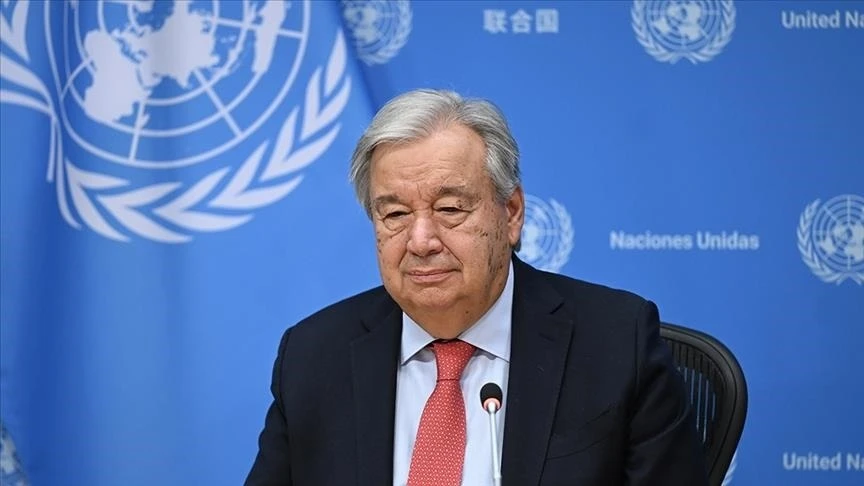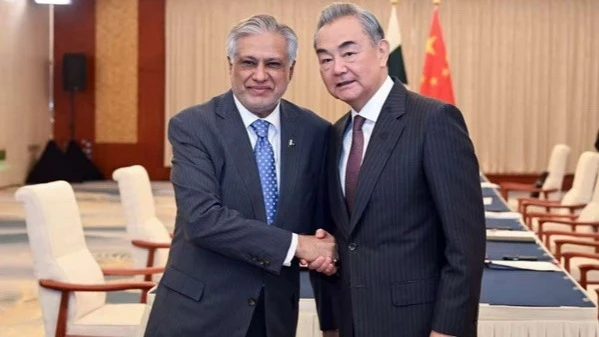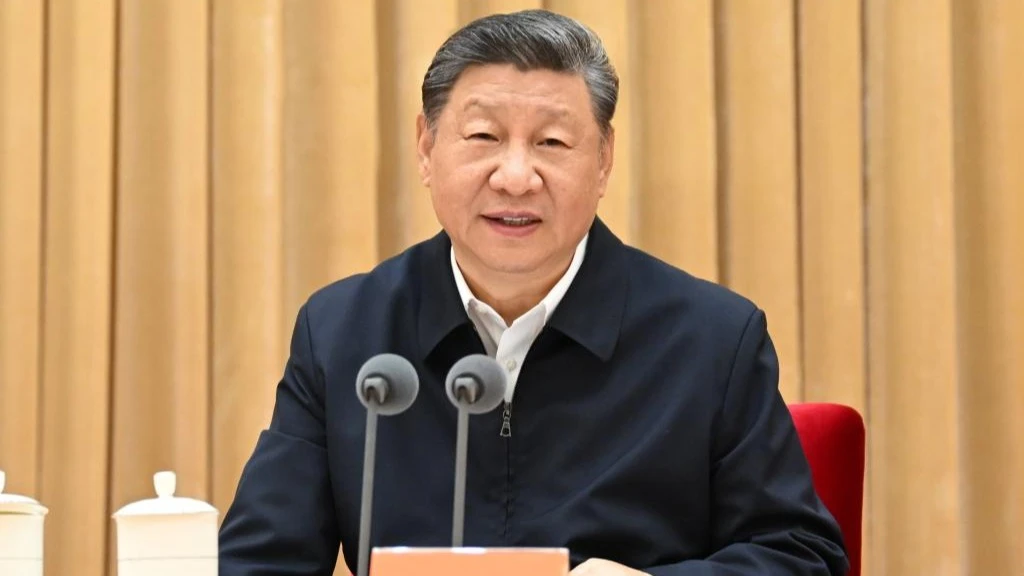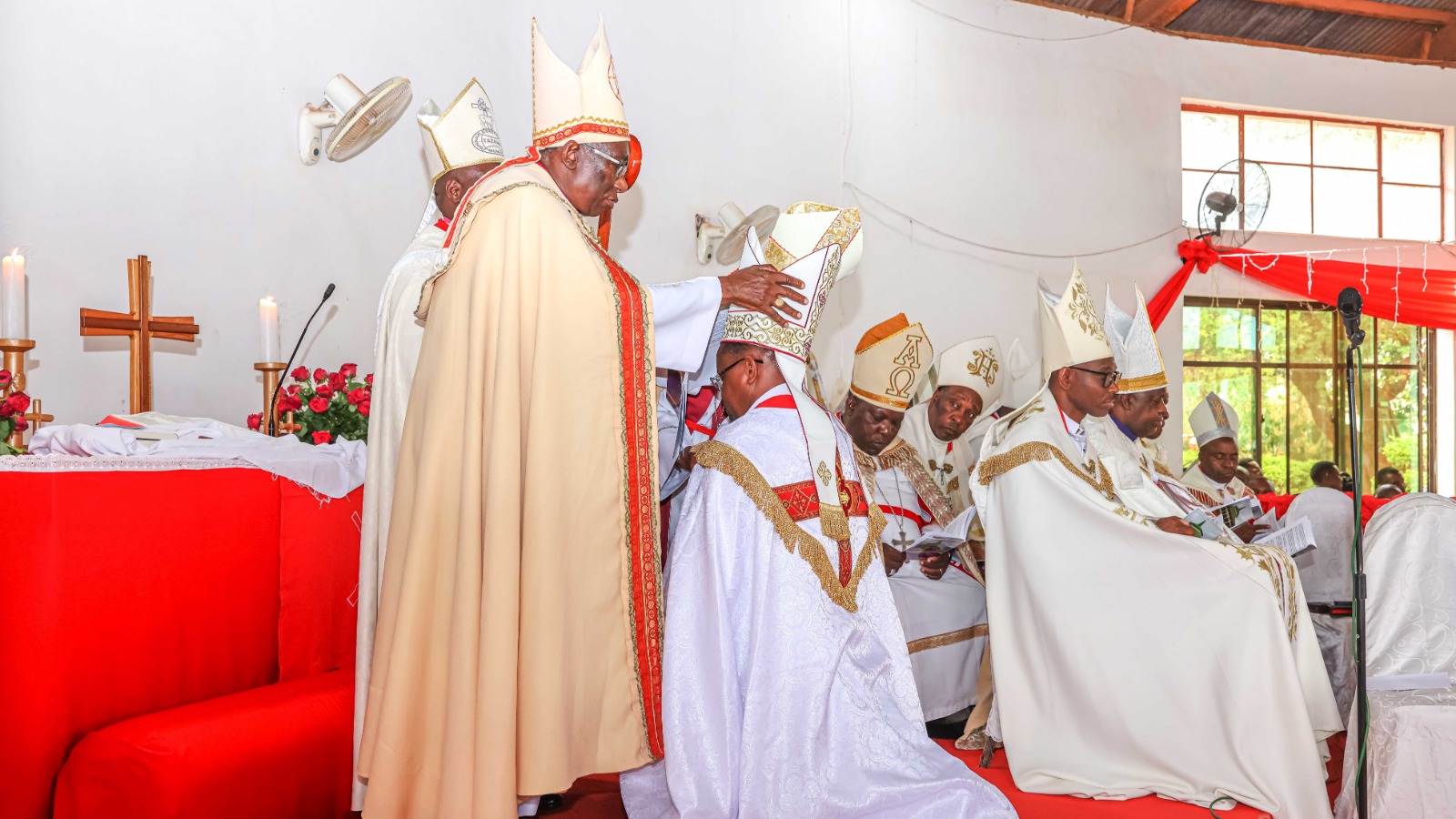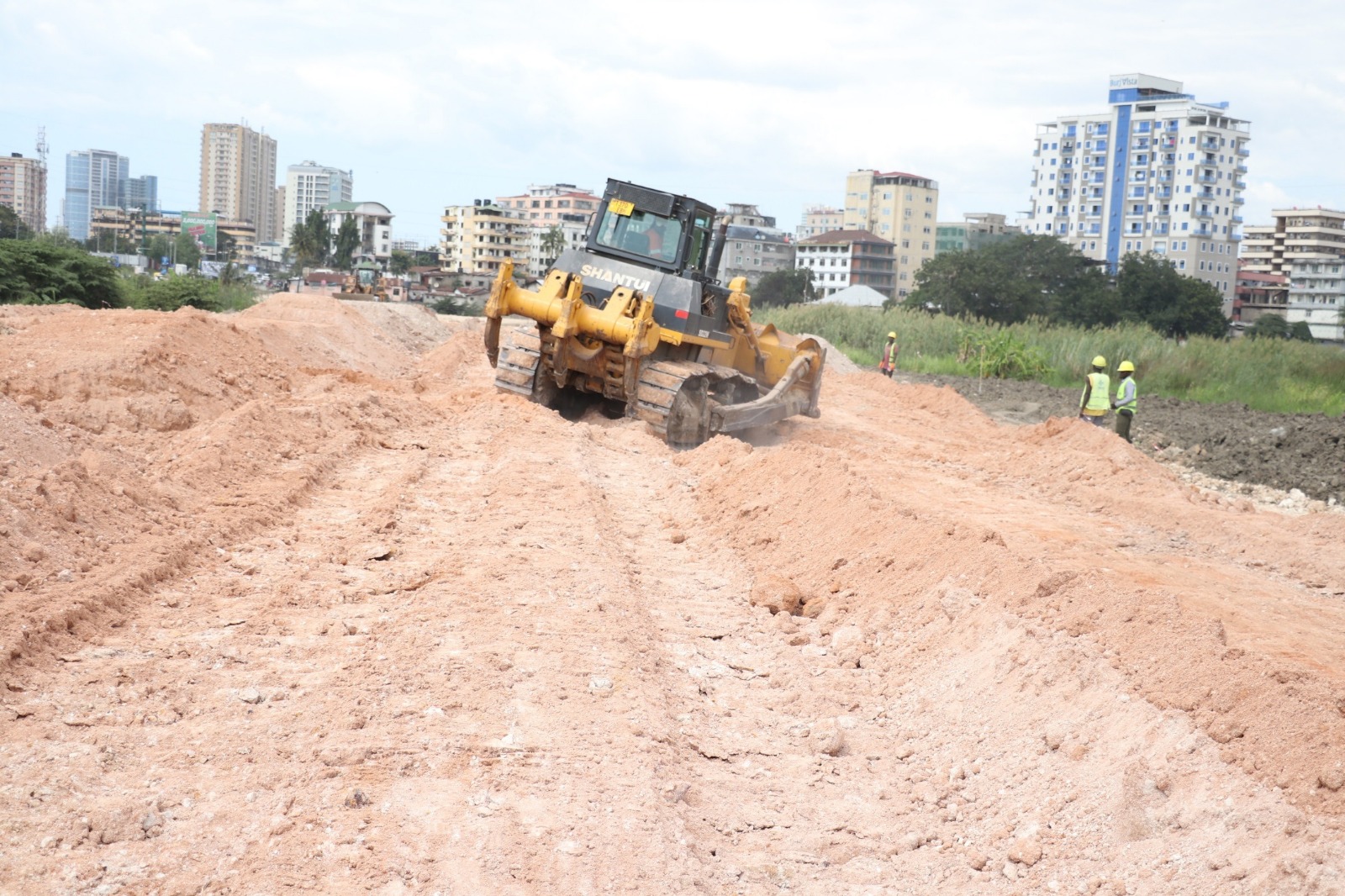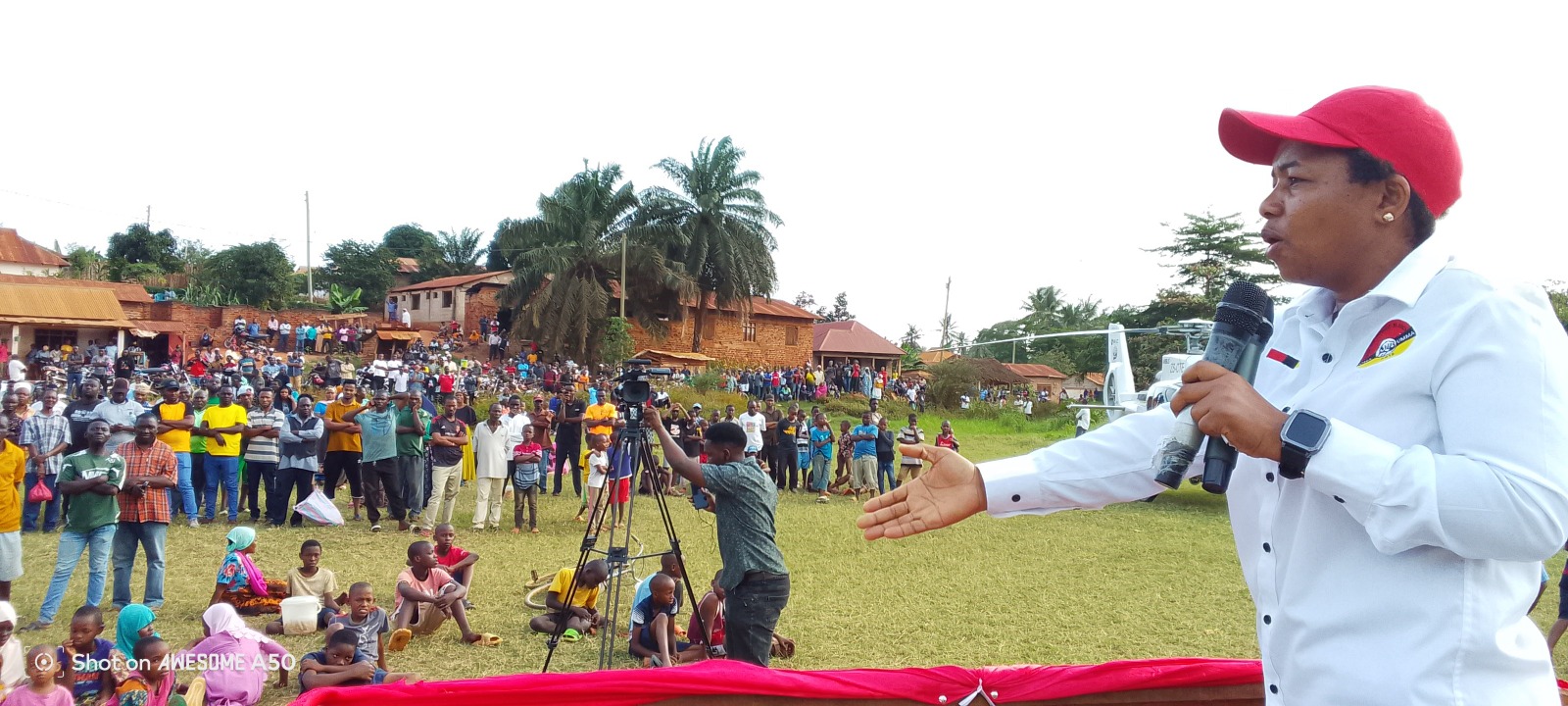SPECIAL REPORT: 1 Government decision stalls major tourism projects
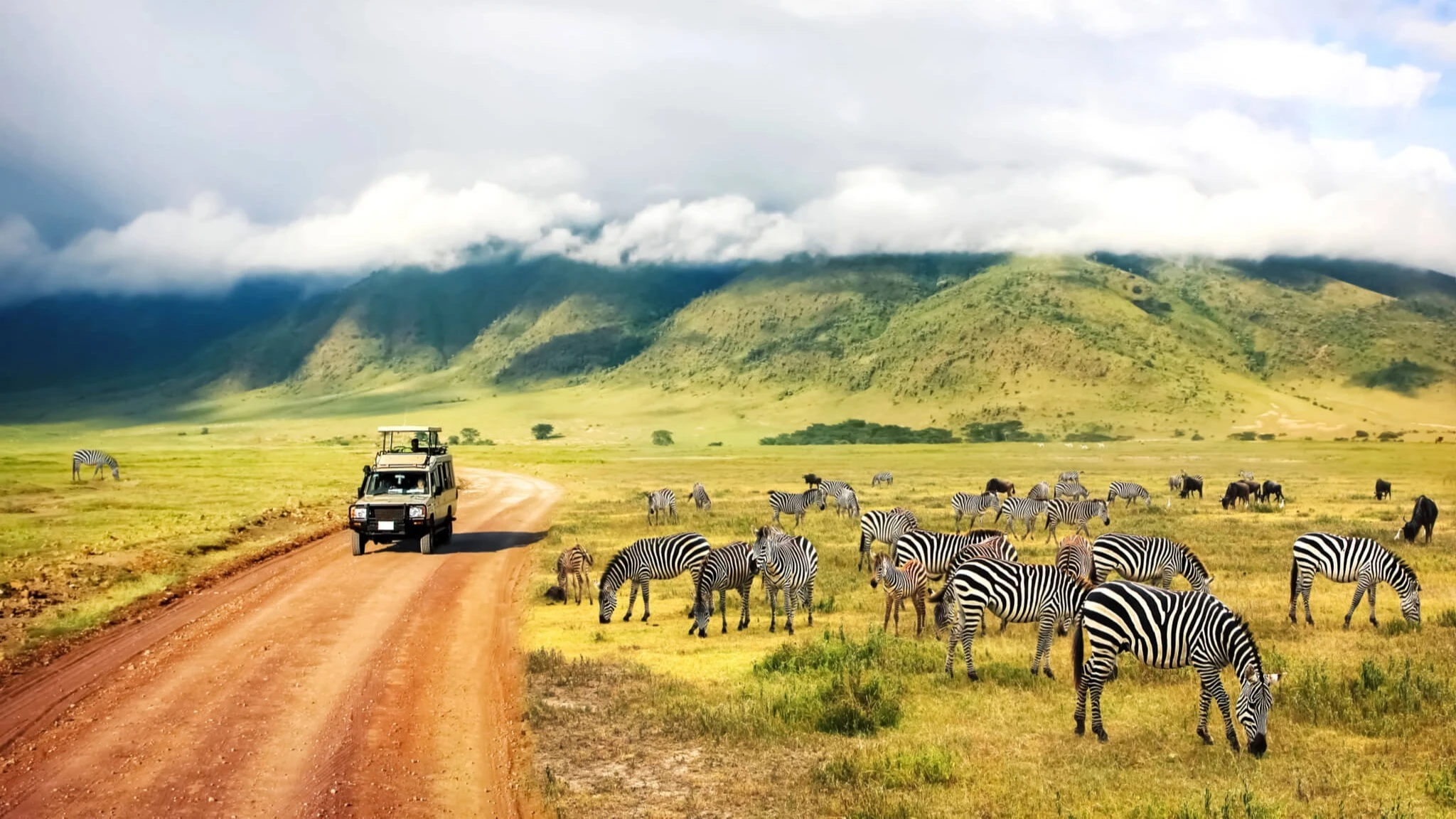
A decision made by the government in 2020, mandating the Tanzania Revenue Authority (TRA) to collect tourism revenue, has led to major tourism and conservation projects across the country grinding to a halt.
Through the 2020 Finance Act, the government directed that tourism revenue be collected by the TRA from 1st July 2020, promising it would then allocate the necessary funds for the development of these national parks and conservation areas.
Prior to this decision, these revenues were collected by the Tanzania National Parks Authority (TANAPA), the Ngorongoro Conservation Area Authority (NCAA), and the Tanzania Wildlife Management Authority (TAWA). These authorities collected and utilised a portion of the revenue for tourism and conservation activities.
After the TRA was assigned this responsibility, the law instructed these authorities to apply to the Central Government for funds for staff salaries, development projects, and other operational costs (OC).
The decision, as explained in Parliament in June 2020 by the then Minister of Finance and Planning, Dr. Philip Mpango – now the Vice President of the United Republic of Tanzania and set to retire later this year – aimed to increase efficiency in revenue collection and control the expenditure of tourism revenue in the country.
However, during the debate on the 2020 Finance Bill, this government decision was strongly opposed by some Members of Parliament (MPs), led by the former MP for Kigoma Urban (ACT Wazalendo), Zitto Kabwe – an economist and former Chairperson of the Parliamentary Public Accounts Committee (PAC).
The argument put forth by Zitto and his fellow MPs was that the government had an unsatisfactory track record in releasing funds for development projects. Therefore, "the decision to strip TANAPA, NCAA, and TAWA of their revenues is dangerous for the sustainability of tourism and conservation in the country."
Today, five budget years have passed since the government announced this measure, and the negative consequences of not heeding Zitto and his colleagues' warnings are clearly evident.
It has come to light that the government provides insufficient funds, and sometimes no funds at all, for the implementation of conservation projects. This has even led to the deterioration of infrastructure supporting tourism services, thereby threatening the growth of tourism and service delivery.
"Frankly, in these five years, we have gone through a very difficult period. The lack of funds has resulted in poor infrastructure in the parks and has hampered our strategies to control encroachment by local communities into conservation areas," said a senior TANAPA official in a conversation with our correspondent in Arusha last month.
"At TANAPA, we have many responsibilities, including tackling the growth, spread, and proliferation of invasive plants and solid waste that degrade the ecological systems of our parks. All of this requires funding. We are hopeful that things will change now that the government has decided to return at least 51 percent of our revenue to us," the official explained.
According to the official, who requested anonymity, many TANAPA projects, including research, construction, and rehabilitation of infrastructure within and around the parks, have stalled due to a lack of funds.
This argument is substantiated by reports from the Controller and Auditor General (CAG), including the 2020/21 report, which indicates that in the first year of the government's decision, NCAA requested 31.21bn/- for its development budget, but the government only disbursed 10.27bn/- (33 percent).
Due to the shortfall in funds, CAG Charles Kichere highlights that only 15 projects were implemented out of the 36 NCAA projects approved by Parliament. Funds were delayed for seven months. The Authority requested the funds on 21st October 2020, but the government released them on 5th May 2021 – just 56 days before the financial year ended.
For TANAPA, the organisation's development budget for that year was 69.52bn/-, but the government provided only 26.51bn/- billion, equivalent to 38 percent of the budget approved by Parliament. This was for the 2020/21 financial year.
The CAG's 2023/24 report, the fifth year of the government's decision implementation, reveals that TANAPA was approved for 23.036bn/- for national park infrastructure, but 21.97bn/- (95 percent) was not released by the government.
Similarly, the report indicates that 28.61bn/- approved for NCAA's development budget was not released by the government, despite TRA collecting 637.60bn/- on behalf of TANAPA and NCAA.
CAG Kichere warns: "Under-disbursement of funds contributes to the non-implementation of development projects. If this situation continues, it will lead to the deterioration of infrastructure supporting tourism services, affect tourism growth, disrupt service delivery, and ultimately reduce government revenue."
Stalled projects
The audit report on TANAPA's infrastructure management and development for 2023/24, issued by the CAG in March this year, reveals that the organisation received 1.060bn/- out of 23.036bn/- approved by Parliament for this work in the specified year.
"The lack of development funds led to delays in the completion of 15 development projects valued at 14.12bn/-, which are being implemented by 10 national parks. These delays ranged from 10 to 33 months," CAG Kichere states.
Furthermore, a review of the 2023/24 Annual Road Maintenance Plan revealed that 12 national parks have a road network of 25,683.9 km. These parks include Serengeti, Katavi, Lake Manyara, Mikumi, Nyerere, Ruaha, Burigi, Arusha, Tarangire, Mkomazi, Saadani, and Kilimanjaro.
TANAPA planned to carry out maintenance on 6,712.2 km out of 25,683.9 km, but only managed to maintain 4,022 km, which is 60 percent of the target. 2,690.2 km were not maintained due to the organisation's lack of funds.
CAG Kichere states, "Despite the non-disbursement of development funds, TRA collected 637.60bn/- in the 2023/24 financial year on behalf of TANAPA and NCAA. Of these funds, 410.90bn/- was collected from TANAPA and 226.70bn/- from NCAA."
For that financial year, NCAA was approved by Parliament for 28.61bn/- for its development budget, which included eight projects, such as the construction of guard posts and park entry/exit gates, roads, and water facilities; however, this amount was not released by the government.
Conservation efficiency
The current situation at TANAPA and NCAA brings to mind the year 1959. A German conservationist named Bernhard Grzimek wrote and produced a film titled Serengeti Shall Not Die.
The film's message aimed to urge the international community to take swift action to protect and conserve the Serengeti National Park and its ecological value "for the benefit of the local inhabitants and international communities."
Who today will write and make a film saying that TANAPA and NCAA shall not die? These authorities are a source of enjoyment for both local and foreign visitors, they provide employment, and they are valuable assets. In 2023/24 alone, these two authorities generated 637.60bn/- for the government.
It is worth noting that TANAPA now manages 21 national parks, down from 22 before June 2023, when President Samia Suluhu Hassan announced the abolition of Kigosi National Park to establish the Kigosi Forest Reserve. This move aimed to economically benefit citizens in five regions (Geita, Kagera, Kigoma, Shinyanga, and Tabora) through beekeeping and fishing.
NCAA oversees the Ngorongoro Conservation Area, Poloreti Game Reserve, and the Olduvai Gorge archaeological site. This authority also manages four cultural heritage sites: Engaresero, Engaruka, Kimondo, and Amboni Caves, which are among East Africa's most ecologically significant areas.
Furthermore, it is important to recognise that tourism is a vital part of the economy. On 12th June this year, the Minister of State in the President's Office – Planning and Investment, Professor Kitila Mkumbo, informed Parliament that in 2024/25, the country's tourist attractions, including national parks, were visited by 4,244,266 tourists. In 2023/24, they attracted 3,784,214 tourists.
Similarly, on 19th May this year, the Minister of Natural Resources and Tourism, Ambassador Dr. Pindi Chana, told Parliament that the tourism sector now contributes 17.2 percent to the Gross Domestic Product and 25 percent to foreign exchange earnings for the country, while providing direct and indirect employment to 3.6 million people annually.
Minister Chana also highlighted that conservation areas are major sources of water, energy, and habitats for wildlife and other biodiversity. Their sustainability should be a budgetary priority.
To be continued
Top Headlines
© 2025 IPPMEDIA.COM. ALL RIGHTS RESERVED












